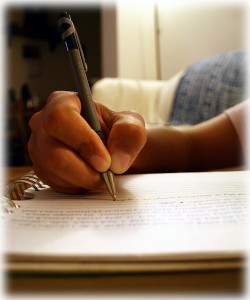--Original published at BillardnBlog
I would consider myself a “go with the flow” kind of person. I try to keep my stress levels pretty low and not let unimportant things stress me out. Although, the things that do give me stress raise the stress levels pretty high. Sometimes I may make things seem worst than they actually are. One of my biggest stressors is school and my classes. Mainly exams are what I stress out the most for. Other things I’ll stress about are deadlines for assignments, how busy my schedule is, or even some professors (not including MacFarlane). I do have some ways to try and manage these things that give me stress.
I think the biggest reason I get stress is because of my procrastination. Leaving everything to the last minute puts a lot of pressure and stress on my to get assignments done on time and have them done well. I can try to fix that by setting aside time to get work done. Also making sure these times are set in advance to any assignments being due. I do have a planner that I use to set up every week to help plan and organize my school work. One of my biggest stress relievers is exercise. Being in a sport or just going for a run helps me forget all of my problems and clear my head of anything bad that could have happened that day or week. It’s able to calm me down and refocus on the thing that was stressing me out. I think setting aside free time for yourself is important because is give you a break from anything that is bothering you. I know coloring can be very helpful as it is relaxing and fun to do. Being around other people can help; going out with friends will let you focus on something fun rather than what is stressing you out. From this you’re able to regain focus and calmness to work at the stressor that is causing a problem.
